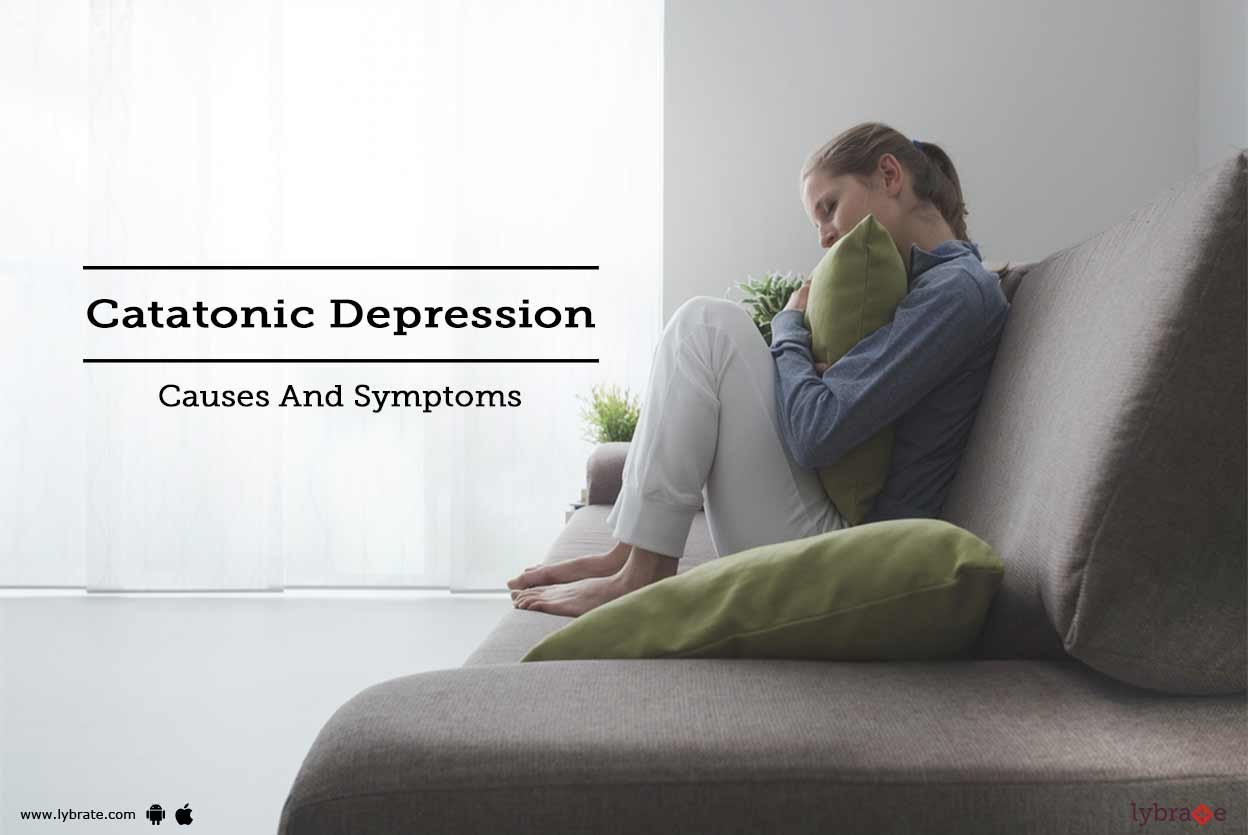Catatonia is an abnormal neuropsychiatric condition that affects both behavior and motor function, and results in unresponsiveness in someone who otherwise appears to be awake. For the purpose of diagnosis, there are three types of catatonia, including catatonia associated with another mental disorder, catatonia disorder due to another medical condition, and unspecified catatonia. Although often associated with schizophrenia and other affective disorders, catatonia may be a result of, or due to, any number of psychotic disorders, mood disorders or general medical conditions. Catatonia is sometimes referred to as catatonic syndrome, because there is not just one identifying sign or symptom associated with this condition or symptoms that appear separately from one another, but rather a collection of several symptoms that appear together at the same time. These specific signs and symptoms do not vary, regardless of the nature of the condition.
Catatonia
At least three out of twelve symptoms must be present for a diagnosis of catatonia. These symptoms include:
• Stupor (oblivious inability to move or respond to stimuli), catalepsy (rigid body posture)
• Mutism (little to no verbal communication)
• Waxy flexibility (body remains in whatever position it is placed by another)
• Negativism (lack of verbal response)
• Posturing (holding a posture or position that goes against gravity)
• Mannerisms (extreme or odd movements and mannerisms)
• Stereotypy (frequent repetitive movements for no reason)
• Agitation (for no reason), grimacing (distorted facial expressions)
• Echolalia (repeating others’ words)
• Echopraxia (repeating others’ movements).

